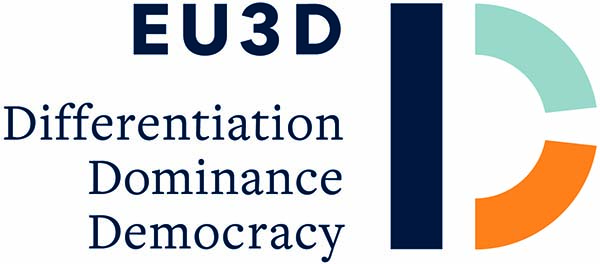Abstract
When is differentiated integration (DI) of the European Union a source of autonomy and when is it a source of domination? Much depends on what collective goods member state democracies seek through integration. Club goods often require member state democracies to form DIs of their choice. Public goods and common resource goods may, in contrast, require limits on DI if member state democracies are to meet their own obligations to their own publics to secure rights, justice, non-domination and democracy itself. Those differences are important to understanding how European democracies should be ‘internationally ordered’ if they are to sustain internal forms of political autonomy. They also demonstrate the importance of DI to the autonomy of member state democracies in associating together beyond the state; in defining obligations within the state; and in securing the greatest autonomy of each European democracy compatible with the greatest possible autonomy of all European democracies.
Full info
Christopher Lord
Autonomy or Domination? Two Faces of Differentiated Integration
In: Swiss Political Science Review, 2021
DOI: 10.1111/spsr.12472
Project


